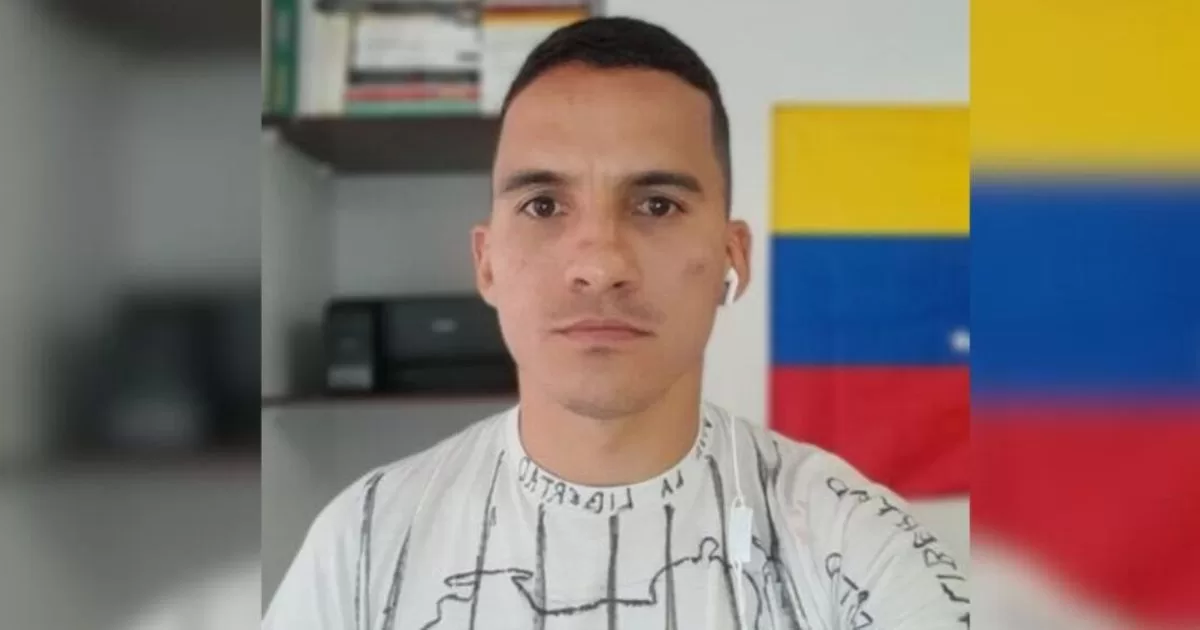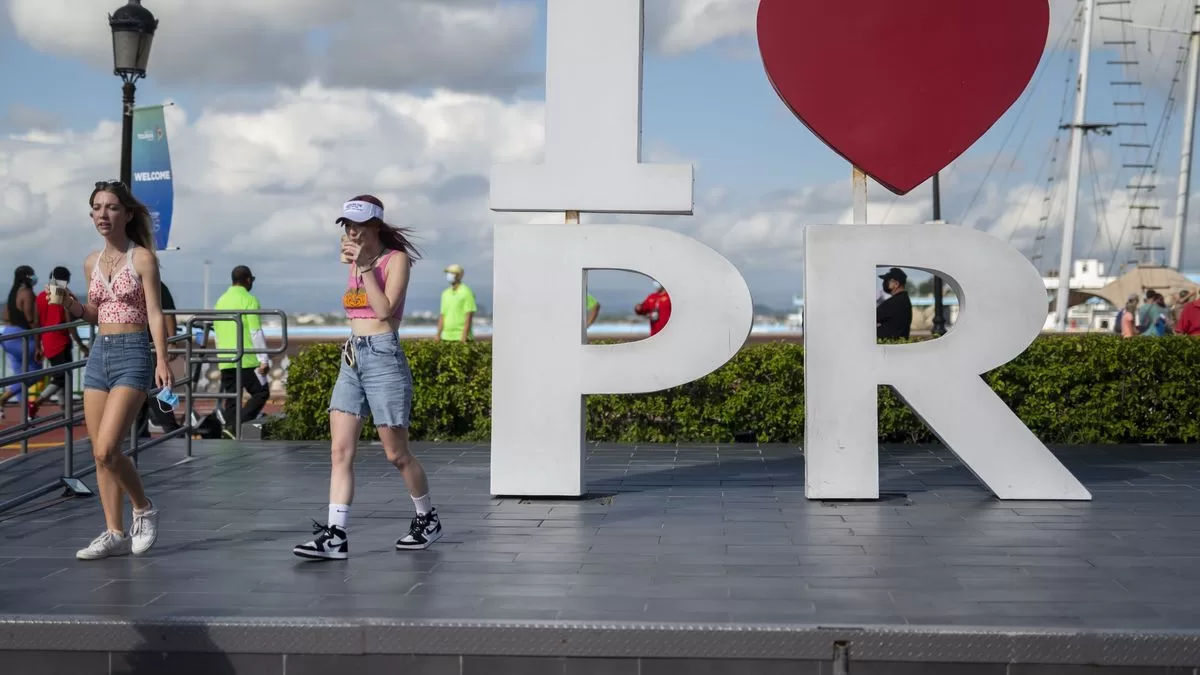On days like this I want to cry. My home country, the country where I grew up, is burning – again. Bloody clashes have been going on for weeks.
It hurts my heart to see how radicals seem to determine the present in all my home countries: in Palestine, in Israel and, unfortunately, here in Berlin. I’m Arab-Palestinian-Israeli and I’m German. I lived my first 28 years in the midst of the age-old Middle East conflict.
I know both peoples, both languages, religions, the country that everyone claims for themselves, I know the hatred, the wars. But I also know peace, co-existence and many people with their longings, dreams and wishes.
My father was born in the middle of the war
As a Palestinian, I grew up in a family that experienced the conflict first-hand. In 1948 my grandfather fought on the side of the Arab armies against the newly founded state of Israel.
My father was born in the middle of the war. Many of my family fled to Jordan and the West Bank at the time and were unable to return. I spent weekends on the beach in Gaza, in the West Bank markets in search of cheap fruit and vegetables. We ate hummus in the back streets of Jerusalem’s Old City.
Every year we would visit my relatives in the West Bank mountains and help with the olive harvest. I studied in Israel, worked, met great people.
I had my first date on the beach in Tel Aviv and watched my first films in the cinema there. I grew up hoping for peace, coexistence and an end to conflict.
I’m tired of hearing anti-Semitic slogans
My love for the people and the country is great. And yet I’m angry. To those Palestinians who have been inciting hatred for 75 years instead of accepting any solution or compromise.
They celebrate the deaths of young people, celebrate the victims on the other side after each attack and distribute sweets on the streets. I am fed up with the use of Muslim holy places in Jerusalem and the holy month of Ramadan to legitimize violence and set fire to the entire Middle East.
I’m tired of hearing anti-Semitic slogans and seeing how hatred is preserved and passed on from generation to generation without thinking for a second about a better future. Without wanting to reconcile with the neighbors in Israel.
I remember the pictures of Prime Minister Yitzak Rabin together with Yasser Arafat, of the Oslo Agreement, of the peace treaty with Jordan, of my grandmother crying when her brother was able to come to us from Jordan for the first time afterwards.
As an Israeli, I am angry and stunned
I remember demonstrations for peace in Tel-Aviv, but unfortunately also terrorist attacks on buses. Before my eyes I can still see the anxious faces of the parents looking for their children after an explosion in the middle of a restaurant. I remember conversations with Holocaust survivors explaining why Israel is so important to them.
As an Israeli, I am angry and stunned by the current government, in which Prime Minister Netanyahu is on trial for corruption, in which the Finance Minister dreams of a Greater Israel, denies the existence of the Palestinian people and calls for a Palestinian village to be wiped out after a terrorist attack .
A convicted police minister who was instrumental in the smear campaign against Rabin shortly before his assassination in the 1990s, who has long worshiped a Jewish terrorist who murdered people praying in a mosque in Hebron – unbelievable.
I am stunned how, instead of fighting inflation, providing affordable housing, fighting clan crime, or stopping Iran from being bombed by a nuclear bomb, a government can focus almost exclusively on destroying democracy through so-called judicial reform.
Youngsters may have been hired by radical terrorist groups
I saw the pictures from the Al-Aqsa Mosque a few days ago when Israeli police officers were beating youths in the mosque. And yes, it may very well be that, as they do every year, these youths are taking advantage of this holy place to attack Israelis and police forces.
It may be that the young people provoked and planned exactly this reaction. What’s more, these youths may have been hired by radical terrorist groups to trigger the escalation.
In the post-truth era, an 11-second video of the confrontation between the youth and the police, recorded by a child, is enough to set the entire Middle East on fire.
Exactly these images have not only caused rockets from Lebanon, Syria and Gaza towards Israel. They have acted as a catalyst for terrorist attacks throughout Israel.
Images of shame are not new
Not that terrorists ever needed a reason to murder Jews, but recent images have created emotions that mobilize, reproduce hate, and silence reasonable, peace-seeking voices.
In the Middle East, radicals make the music – an orchestra of Islamists, anti-Semites, nationalists and, unfortunately, on the other side, extreme Jewish right-wing radicals. These pictures are now also a reason why people in Neukölln demonstrate on the streets.
However, showing solidarity with terrorists, calling for attacks on Tel-Aviv, wishing Jews dead and telling them they had no business in Germany has nothing to do with a democratic protest.
These images of shame are not new. We saw them last year, the year before and again and again when these people, who were born here or migrated here, who are unreachable in integration courses and schools – see an opportunity to articulate their hatred publicly.
These people are an example of failed integration
These are people who physically live in Germany but never arrived emotionally, and I doubt they even want to arrive. They are an example of failed integration, of parallel societies and yes, also of imported anti-Semitism.
These people find their inspiration for this hatred on social media. Served on a silver platter, in HD, partly in German, partly in another language, emotionally charged, with the predominant narrative: the Palestinians are victims and Jews are perpetrators.
A hateful image that is also conveyed in many mosques in Berlin, repeated umpteen times in the Friday sermon, sometimes clearly, sometimes subtly, but the message gets through to the listeners.
Beyond the mosques, this victim-perpetrator narrative circulates on the dining tables of many families or in shisha bars. Of course, not everyone is affected, but unfortunately a lot more than we would like. Hatred spreads unhindered in Germany.
Pictures from Neukölln outrage our politicians
As in Gaza, any voice that rejects hatred, seeks reconciliation, and includes the Jewish and Israeli perspective is quickly dismissed as a Mossad agent, a spy, or a traitor. Until she’s mute. With that, the most radical forces have taken sovereignty over the conflict and the narrative about it. The politicians do nothing.
The pictures from Neukölln outraged you, which is used in a comment for your own profiling on Twitter, then that’s it: A comprehensive strategy for combating this type of anti-Semitism is still missing.
But there is also hope, and we mustn’t forget it: the hundreds of thousands of Israelis who have been taking to the streets for weeks to protest against the judicial reform. These people show that there are still many reasonable voices in Israel that are raising their voices to defend human rights and democracy.
Only then is peace possible
They are ready to do anything to protect a democratic Israel from terrorists, corrupt and radical forces. I would like to see exactly such images in Gaza and the West Bank. People who stand up to the radicals.
We must also find exactly such images among Muslims in Germany and in Europe. Everywhere we must be more than the radicals and we must be louder than the voice of hate.
Only then is peace possible! The majority of people in the Holy Land, whether Arabs, Jews, Muslims, Israelis – all yearn for it! We can turn the small country into a paradise for everyone! Reconciliation, co-existence, economic miracle! All of this must not remain a dream. It has to become reality.



